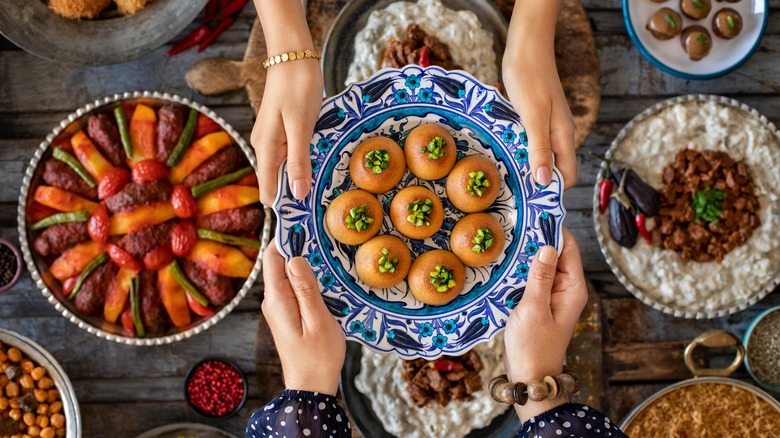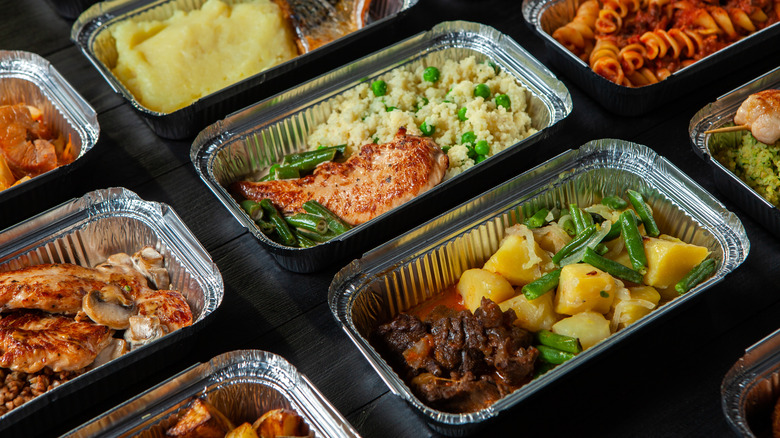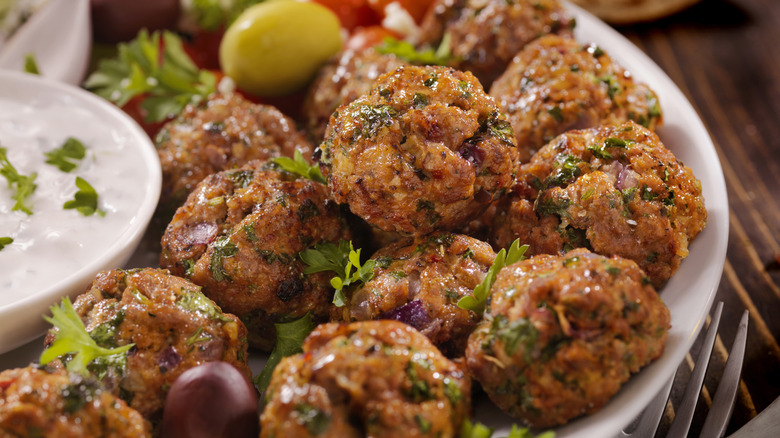The Greek Family Tradition That Forges Emotional Connection Through Food
Greece is known, among other things, for its delectable Mediterranean cuisine. Many cultures have a strong connection to food, but this is especially true in Greece. One way that connection is maintained, even after adult children leave the home or even the country, is through a tradition of sending homemade Greek dishes to loved ones in Tupperware. This custom is known in Greece as Taperakia.
Taperakia is a simple act with a significant meaning. This tradition is typically performed by Greek mothers and grandmothers for their children and grandchildren, usually once they have grown up and left home. Taperakia is first and foremost an act of love, particularly for the family. But it also helps to preserve the rich food culture of the country and its people. It brings the comforts of home and helps to maintain the deep cultural connection to food that the Greeks have, along with maintaining strong family bonds even when distance separates mothers and their children.
The origins of Taperakia
The name of this tradition is derived from the Greek word for "tupper," or taperaki, although some variation of this tradition likely existed long before Tupperware was invented, given that food is such an important part of Greek culture and has been for centuries. For Greeks, the mother is a special figure in any household. The connection between a mother and her children is a particularly prominent part of the Greek family bond. The food she cooks for her children is an act of love that continues throughout the life of the mother and her children, even once the nest is empty.
While they're most often sent in plastic Tupperware-like containers, these traditional home-cooked meals can be sent off in any type of reusable food storage container. It is also often customary to pay it forward when one is given the gift of Taperakia. Instead of tossing the food container in the cupboard for future use, it's better to use it to give someone else a homemade meal to savor themselves.
How the tradition of Taperakia is carried out today
The tradition of Taperakia still runs strong in Greek families. Of course, mothers and grandmothers still often send food to younger family members who have left the home. But this tradition is also carried out through offering take-home containers of food to dinner guests, friends, and more. Leftovers aren't tossed back into the host's fridge, but rather shared, so don't be surprised when you leave a Greek dinner party with loads of delicious leftovers. Taperakia dishes range from stuffed peppers to homemade meatballs and more.
And, it seems that most children love receiving and eating the food just as much as the mothers love preparing and sending it off. Vassilis Kallidis, one of Greece's most renowned and influential contemporary chefs, told Eating Well that he loves receiving Taperakia from his mother, even though he clearly has his own chops in the kitchen. "Because it comes from my mom it's more precious than gold to me," he said. It's easy to understand why this tradition is so treasured for Greeks.


